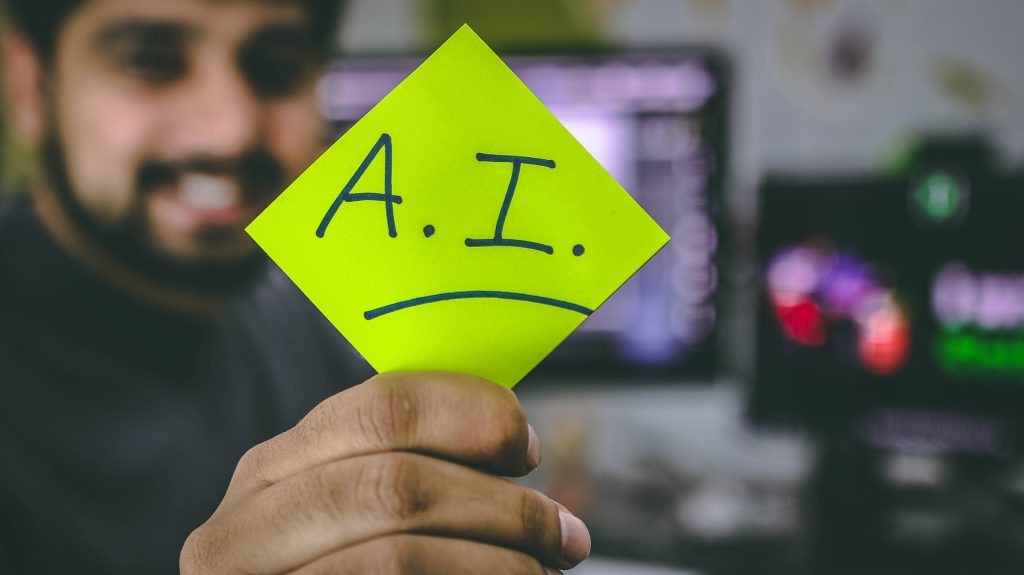To address the growing concerns around artificial intelligence (AI), the Group of Seven (G7) industrial nations have announced a voluntary code of conduct for AI development. This is aimed towards balancing innovation with ethical considerations, as the code will serve as a guide for companies involved in cutting-edge AI research and implementation.
It was suggested that companies regularly publish AI-oriented reports
Initiated during a meeting in May known as the “Hiroshima AI process,” the leaders of the G7 countries, which include Canada, France, Germany, Italy, Japan, Britain, and the United States, as well as the European Union, have finally reached consensus. The 11-point code puts emphasis on “safe, secure, and trustworthy AI,” offering guidelines for companies to identify and mitigate risks throughout the lifecycle of AI products.

Rather than just outlining what not to do, the code encourages companies to be transparent. It suggests that firms should regularly publish reports detailing the capabilities and limitations of their AI systems, as well as any observed misuse. This could serve as a catalyst for a culture of responsible AI development, moving the industry from a reactive to a proactive stance on ethical concerns.
While the European Union has been a trailblazer in AI regulations through its stringent AI Act, other nations have taken a more economic growth-oriented approach. The G7 code, thus, serves as a middle ground, harmonizing the global approach toward AI ethics and safety. According to Vera Jourova, European Commission digital chief, the code can act as a bridge until more concrete regulations come into play.
RELATED:
- Details About Apple’s M3 Chipsets Leaked Hours Ahead Of Scary Fast Event
- Vivo TWS Air 2 pricing and sale date announced, features 14.2mm drivers
- Download the best GCam APK for Samsung Galaxy S23 Ultra
(Via)







